Regulation
Pro-XRP Lawyer John Deaton Criticizes US SEC For Applying Outdated Laws
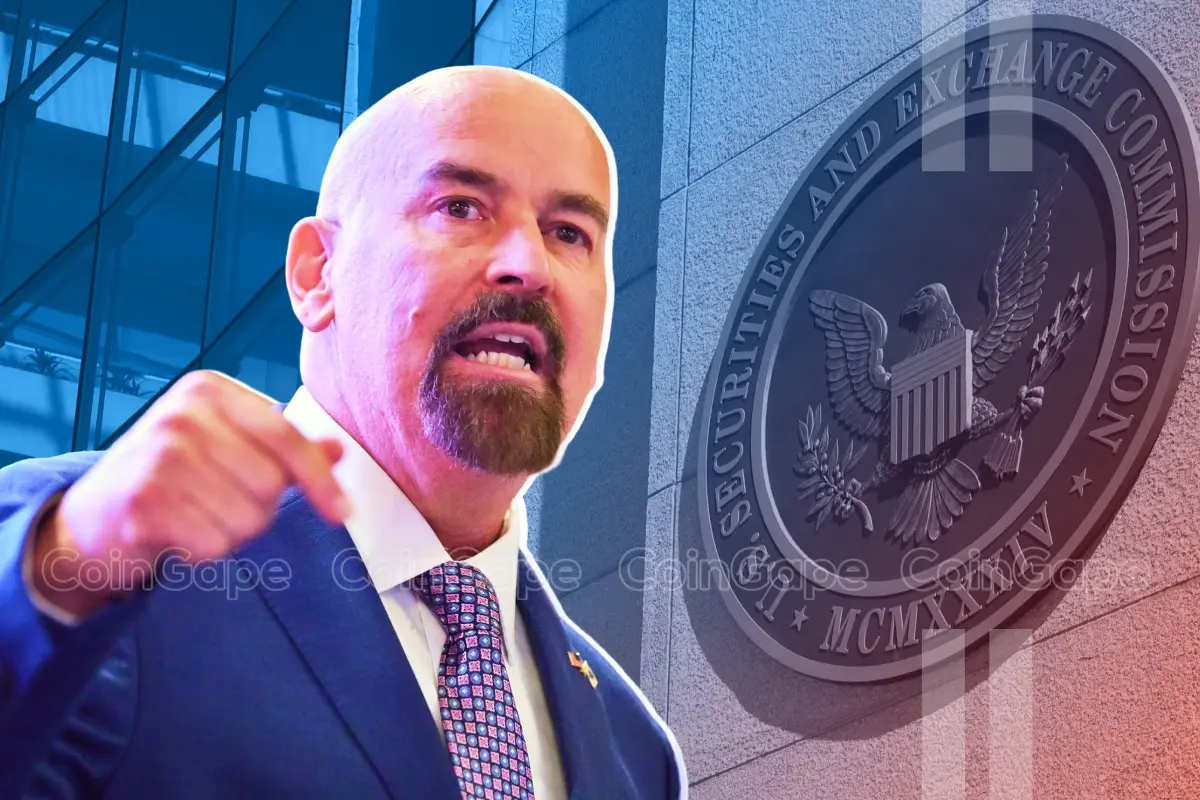
Pro-XRP lawyer John Deaton has criticized the U.S. Securities and Exchange Commission (US SEC) for relying on laws established in 1933 to regulate emerging technologies like blockchain, artificial intelligence, and robotics. Deaton emphasized the need for reform, stating that the current legal framework does not account for the real-time availability of information brought by the internet and technological advancements.
John Deaton Calls for Modernized US SEC Rules to Address Blockchain Technologies
Reacting to a recent Michael Saylor interview, Pro-XRP lawyer John Deaton expressed concerns over the outdated regulatory framework applied by the US SEC to modern technologies. Deaton noted that the existing disclosure laws, which date back nearly a century, were designed to address asymmetries in investment information. He emphasized that this was during a time when technologies like the internet did not exist.
Deaton highlighted the challenges faced by blockchain companies due to these antiquated crypto regulations. He argued that the US SEC should focus on clear and straightforward principles to guide the industry. Reiterating Michael Saylor’s views, Deaton added,
“It’s so damn simple, Just don’t lie, cheat or steal.”
According to John Deaton, modern investors, including retail participants, already have access to real-time information, reducing the need for the cumbersome disclosure rules initially implemented in 1933.
More so, Deaton notified his followers on X that he would discuss what’s at stake as Trump picks the next SEC chair today at 3 PM EST on Crypto Law US.
Reformers To Modernize SEC’s Approach
Adding to his arguments, John Deaton called for reformers like Brian Brooks to lead efforts in modernizing the regulatory framework. Deaton criticized current and former officials for preferring vague regulations that allow for selective enforcement.
The Pro-XRP lawyer stated,
“People like Gary Gensler, Jay Clayton, and Bob Stebbins prefer the law and rules of the road to be VAGUE. We need reformers as regulators like Brian Brooks and Brad Bondi.”
Deaton’s remarks emphasized the need for an updated framework that accommodates emerging technologies. He argued that adopting a clearer and innovation-oriented regulatory strategy would enable the growth of digital assets.
In a recent report, the Pro-XRP lawyer publicly endorsed Brad Bondi as a suitable candidate to replace current Chair Gary Gensler, whose resignation has been speculated. Deaton pointed out that Bondi represents a more balanced and progressive approach to regulatory oversight. Deaton expressed skepticism over other contenders, such as Bob Stebbins.
Moreover, Ripple CEO Brad Garlinghouse also weighed in on the discussion, voicing concerns over Bob Stebbins’ candidacy. Garlinghouse criticized Stebbins for his role in past regulatory actions. These includes the Ripple lawsuit and the controversial classification of Ethereum as a non-security while ignoring other blockchain projects.
Garlinghouse called for a fairer regulatory approach, warning that appointing Stebbins could result in a continuation of enforcement-focused policies. Echoing John Deaton’s sentiments, he advocated for leadership that prioritizes transparency and clarity in regulations to support the blockchain industry.
Disclaimer: The presented content may include the personal opinion of the author and is subject to market condition. Do your market research before investing in cryptocurrencies. The author or the publication does not hold any responsibility for your personal financial loss.
Regulation
Ripple Whales Move $429 Million, What Is Going On?

Ripple whales have been highly active in recent hours, transferring large amounts of XRP tokens between unknown wallets. In total, 267,857,140 XRP, which, at the time of writing, was approximately $572,238,240, was transferred. These large XRP whales are believed to have a connection to Ripple’s ongoing legal battle and its on-demand liquidity (ODL) sales.
These massive transactions were potentially triggered by the decision of the SEC to lift the injunction against institutional sales for Ripple recently. As a result, Ripple can now proceed with its ODL business, likely contributing to the recent surge in large-scale XRP transfers.
Ripple Whales Move $572 Million
Whale Alert, has recently reported a flurry of XRP transfers. Four transactions were executed within a short span, and every swap was equal to 66,964,285 XRP, which amounts to about $143 million. These huge transactions have elicited quite a stir among the members of the crypto space regarding their size and the frequency.
While the reason behind the transfers is still uncertain, a large volume of XRP moving to unknown wallets could be tied to Ripple’s operations. Given that these moves occurred after the SEC has decided to remove the injunction on Ripple’s institutional sales, a correlation between Ripple’s liquidity management and institutional sales has emerged.
Such large movements have also attracted the attention of the market observers to think that Ripple may be gearing up for expansion of its ’on-demand liquidity’ solution. This could explain why this wave of whale is being observed today based on the firm’s capacity to continue with these institutional sales.
Ripple Legal Victory and Influence on XRP Transactions
Ripple’s legal situation with the U.S. Securities and Exchange Commission (SEC) has been a key factor influencing the company’s operations. Recently, as part of Ripple’s decision to drop its cross appeal against the SEC, the Commission agreed to remove the injunction that had previously restricted Ripple from conducting institutional sales of XRP. This decision paves the way for Ripple to resume its on-demand liquidity services, a core part of its business.
This movement should help Ripple expand the availability of liquidity solutions and its penetration in the international markets. The absence of the injunction will allow Ripple to transact with more XRP with institutional clients, which may be fueling the whale activities.
Subsequently, since Ripple’s ODL platform focuses on large XRP transactions, whales are likely to be engaged in this kind of activity as they provide liquidity. At the same time, Coinbase Derivatives has submitted new applications with the U.S. Commodity Futures Trading Commission (CFTC) to self-certify XRP futures contracts.
XRP Price Trend Amid Whale Movements
XRP’s recent market behavior also reflects these developments, with the cryptocurrency showing signs of strength. According to crypto analyst Casi Trades, after reclaiming the $2.05 support level, XRP price trend has set its sights on the next key resistance level at $2.24.
This level is particularly significant, as it aligns with both the macro and micro wave structures of XRP’s price movements.
Experts are keeping a close eye on XRP’s price action, with some predicting that the currency could break out of its current resistance levels and potentially reach new highs. The next levels to watch include $2.70, $3.05, and eventually $3.80, which could mark a new all-time high for XRP price.
Disclaimer: The presented content may include the personal opinion of the author and is subject to market condition. Do your market research before investing in cryptocurrencies. The author or the publication does not hold any responsibility for your personal financial loss.
Regulation
US SEC Acknowledges Fidelity’s Filing for Solana ETF
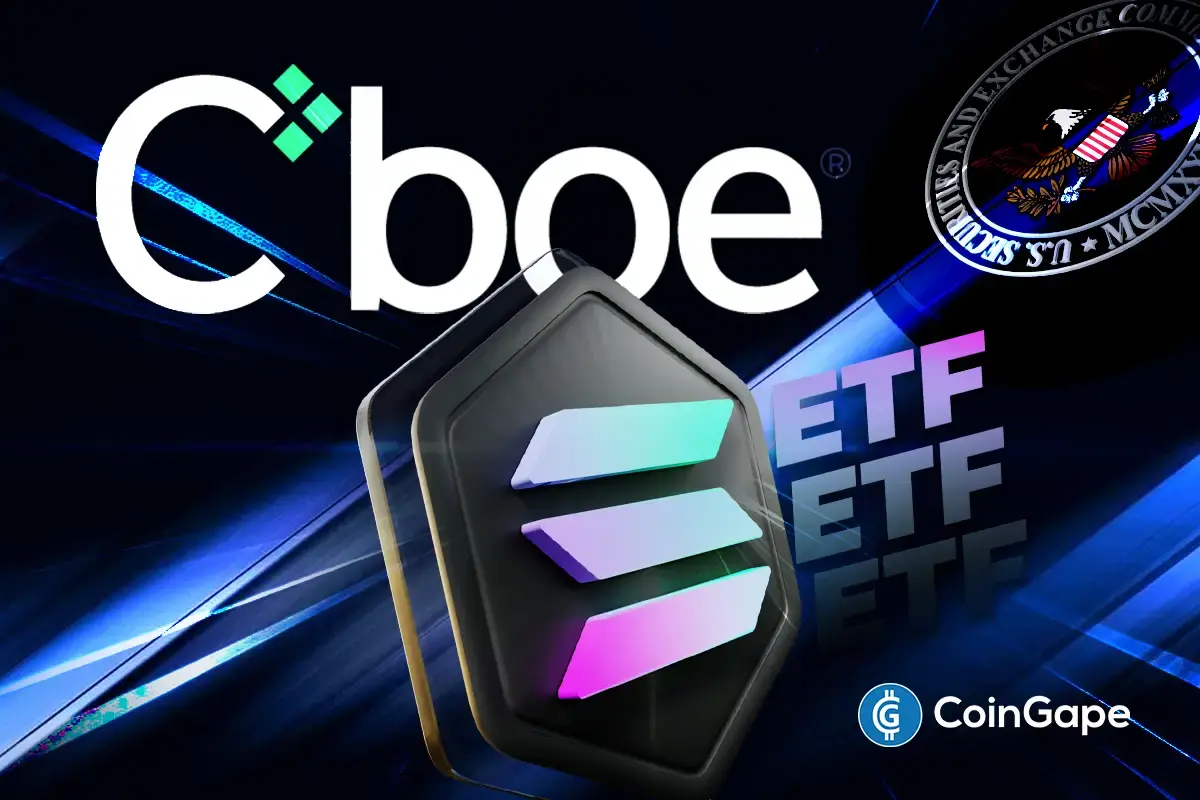
The U.S. Securities and Exchange Commission (SEC) has formally acknowledged the filing for Fidelity’s spot Solana (SOL) Exchange-Traded Fund (ETF).
This marks a key development in the financial industry, as Fidelity seeks to list its Solana ETF on the Cboe BZX Exchange. The acknowledgment comes after Fidelity submitted a proposed rule change, paving the way for the potential approval of the product.
Fidelity’s Spot Solana ETF Proposal
The SEC’s acknowledgment follows Fidelity’s filing to list and trade shares of the Fidelity Solana Fund under the Cboe BZX Exchange. The proposed rule change, initially submitted on March 25, was later amended on April 1, 2025, to clarify certain points and add additional details.
The amended proposal aims to list the Solana ETF under BZX Rule, which pertains to commodity-based trust shares. According to the Cboe BZX Exchange, Fidelity plans to register the shares with the SEC through a registration statement on Form S-1.
Fidelity’s experience with crypto ETFs, having launched the Fidelity Wise Origin Bitcoin Fund (FBTC) and the Fidelity Ethereum Fund (FETH), has prepared it for this new initiative. FBTC has drawn substantial interest, accumulating nearly $17 billion in assets, while FETH currently manages around $975 million.
This Is A Developing News, Please Check Back For More
Disclaimer: The presented content may include the personal opinion of the author and is subject to market condition. Do your market research before investing in cryptocurrencies. The author or the publication does not hold any responsibility for your personal financial loss.
Regulation
US Senate Banking Committee Approves Paul Atkins Nomination For SEC Chair Role
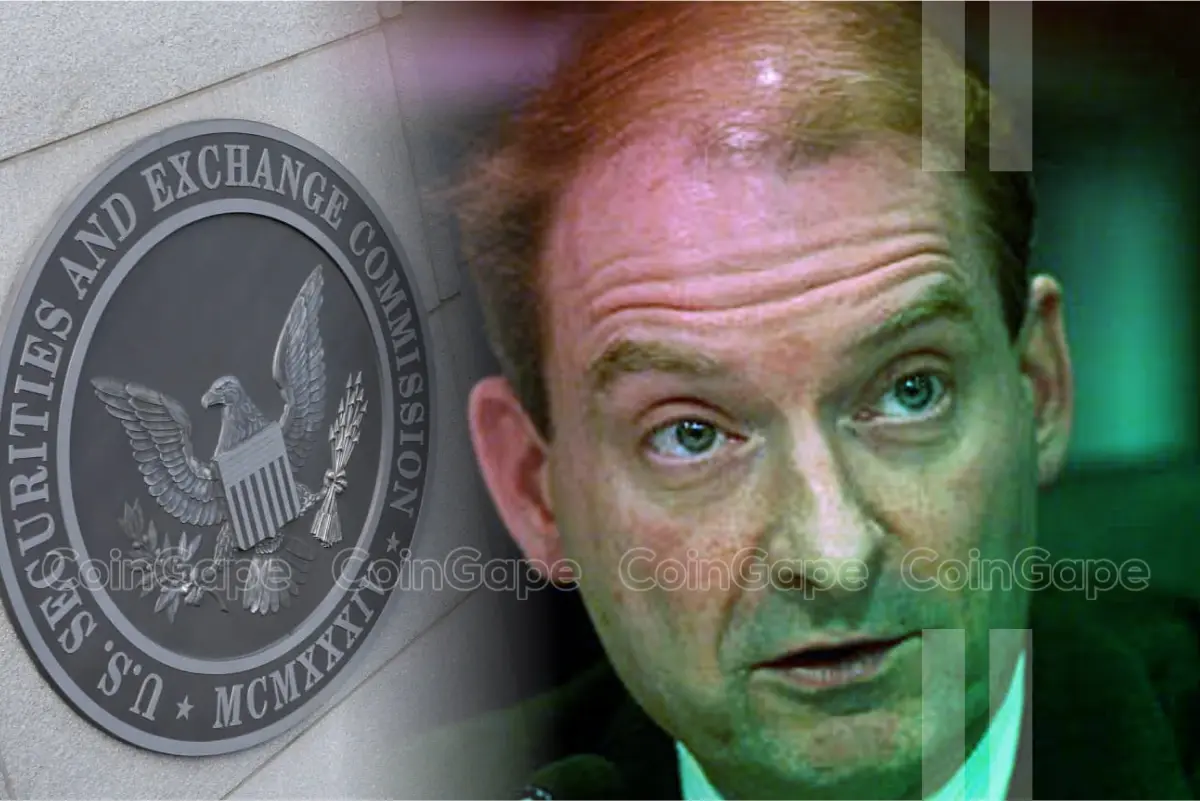
The U.S. Senate Banking Committee has voted to approve Paul Atkins’ nomination for the role of Chair of the Securities and Exchange Commission (SEC). The vote, which took place on Thursday, passed with a narrow margin of 13-11, along party lines.
Paul Atkins, nominated by President Donald Trump, now moves one step closer to taking over the top regulatory position at the US SEC.
Senate Banking Committee Approves Paul Atkins Nomination
Paul Atkins’ nomination for SEC Chair has received approval despite sharp opposition from Democratic members of the Senate Banking Committee. The vote was entirely split, with Republicans supporting Atkins and all Democrats opposing the decision.
This partisan divide highlights the contentious nature of Atkins’ confirmation, which had been under scrutiny for several reasons.
The committee’s approval now clears the path for Atkins to proceed to the full Senate for a final confirmation vote. Given the Republican-controlled Senate, it is widely expected that Atkins will secure the necessary votes to take over the SEC leadership. With Republicans holding a 53-47 majority in the Senate, the confirmation process is anticipated to move forward swiftly.
This Is A Developing News, Please Check Back For More
Disclaimer: The presented content may include the personal opinion of the author and is subject to market condition. Do your market research before investing in cryptocurrencies. The author or the publication does not hold any responsibility for your personal financial loss.
-

 Market24 hours ago
Market24 hours agoXRP Battle Heats Up—Can Bulls Turn the Tide?
-

 Bitcoin23 hours ago
Bitcoin23 hours agoWhy Recency Bias Is Amplifying Fear Around Bitcoin’s Price
-

 Market18 hours ago
Market18 hours agoStandard Chartered Calls for Bitcoin Push Above $88,500
-

 Market23 hours ago
Market23 hours agoBitcoin & Ethereum Options Expiry: Can Prices Stay Stable?
-

 Bitcoin16 hours ago
Bitcoin16 hours agoBitcoin Drops as China Escalates Trade War With 34% Tariff on US
-

 Bitcoin21 hours ago
Bitcoin21 hours agoWhy Are Retail Investors Turning to XRP Over Bitcoin?
-

 Market15 hours ago
Market15 hours agoBitcoin is Far From a Bear Market But not Altcoins, Analysts Claim
-

 Bitcoin15 hours ago
Bitcoin15 hours agoWhy Bitcoin Is Gaining Appeal Amid Falling US Treasury Yields




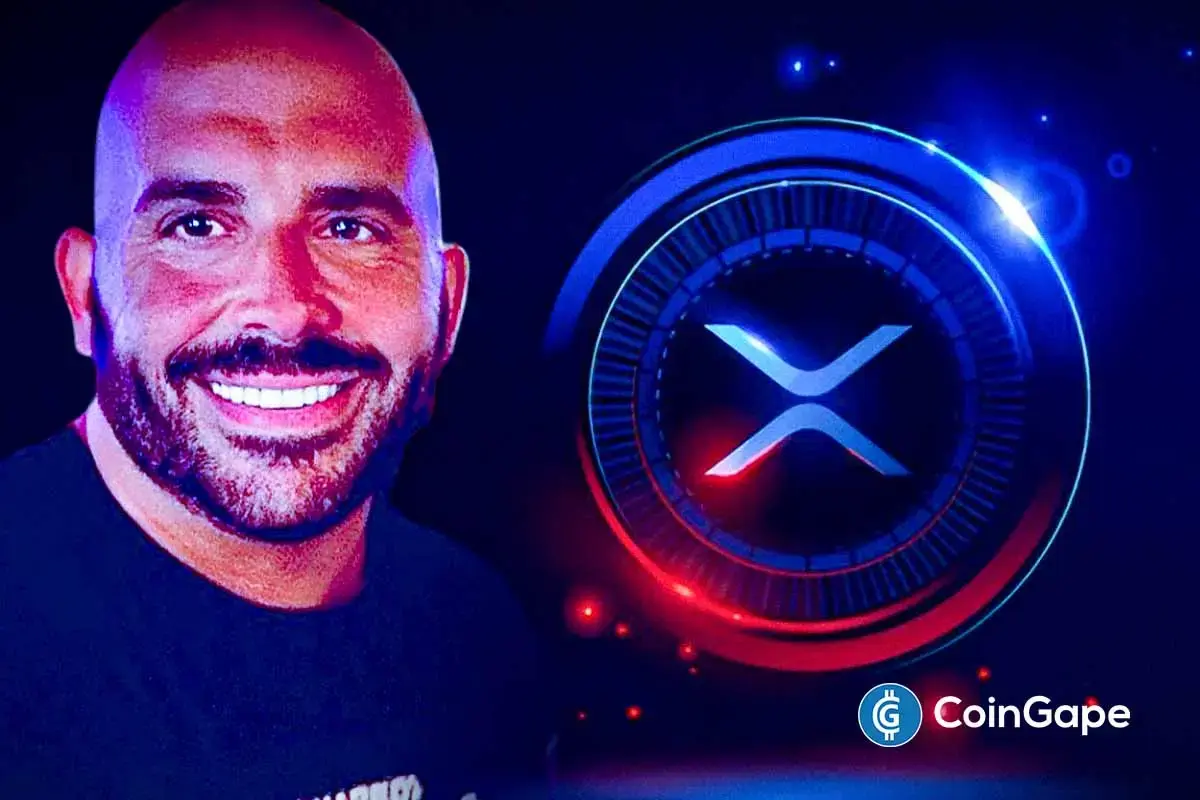

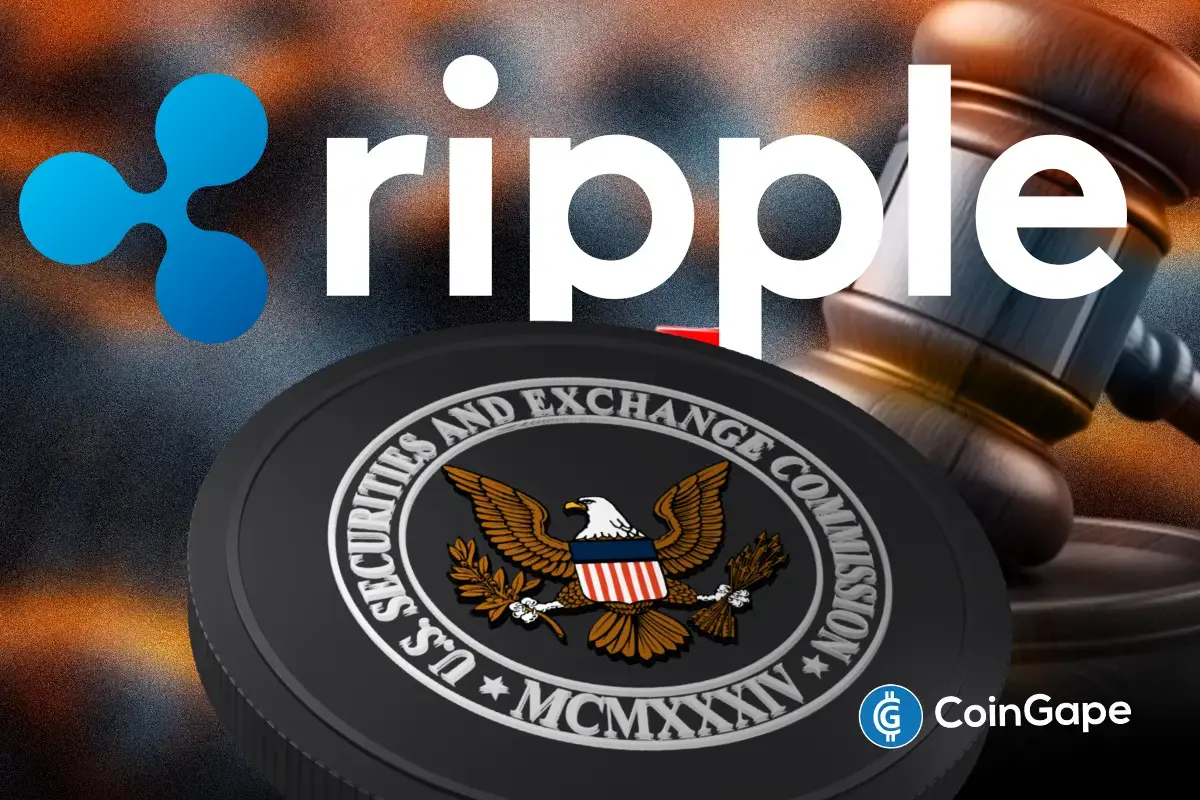
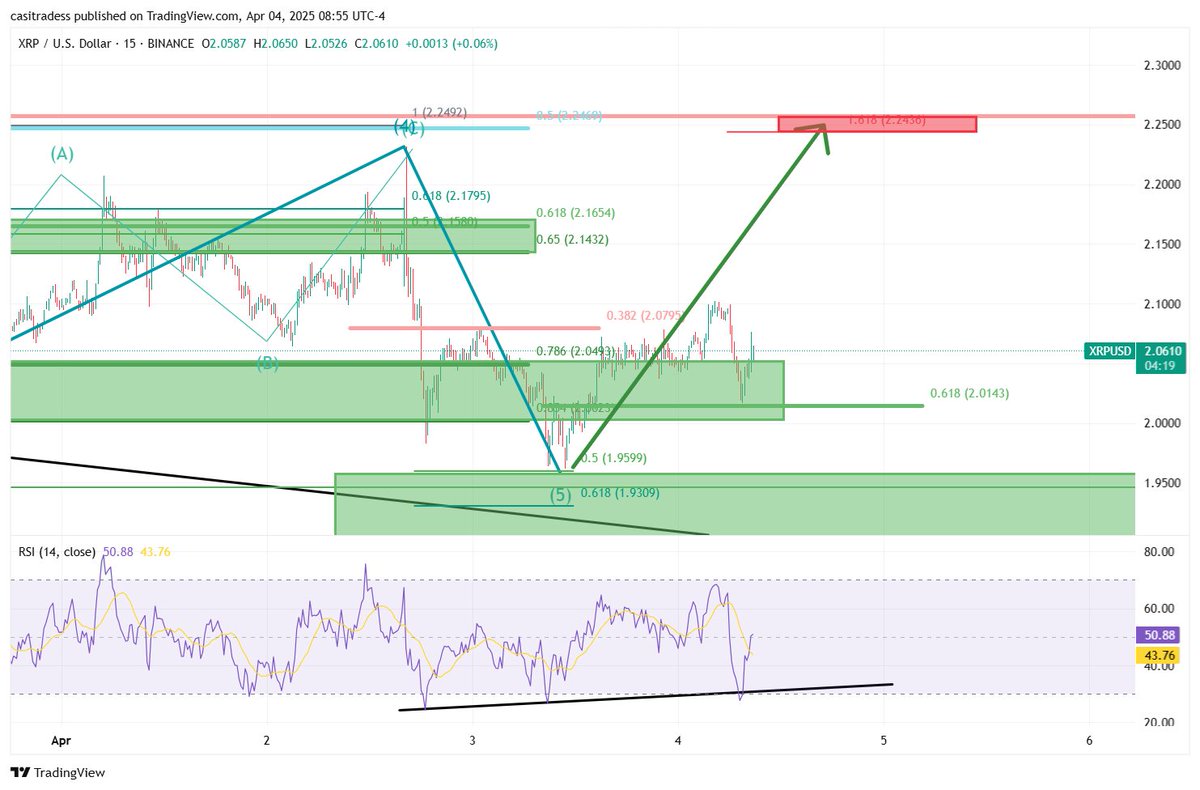
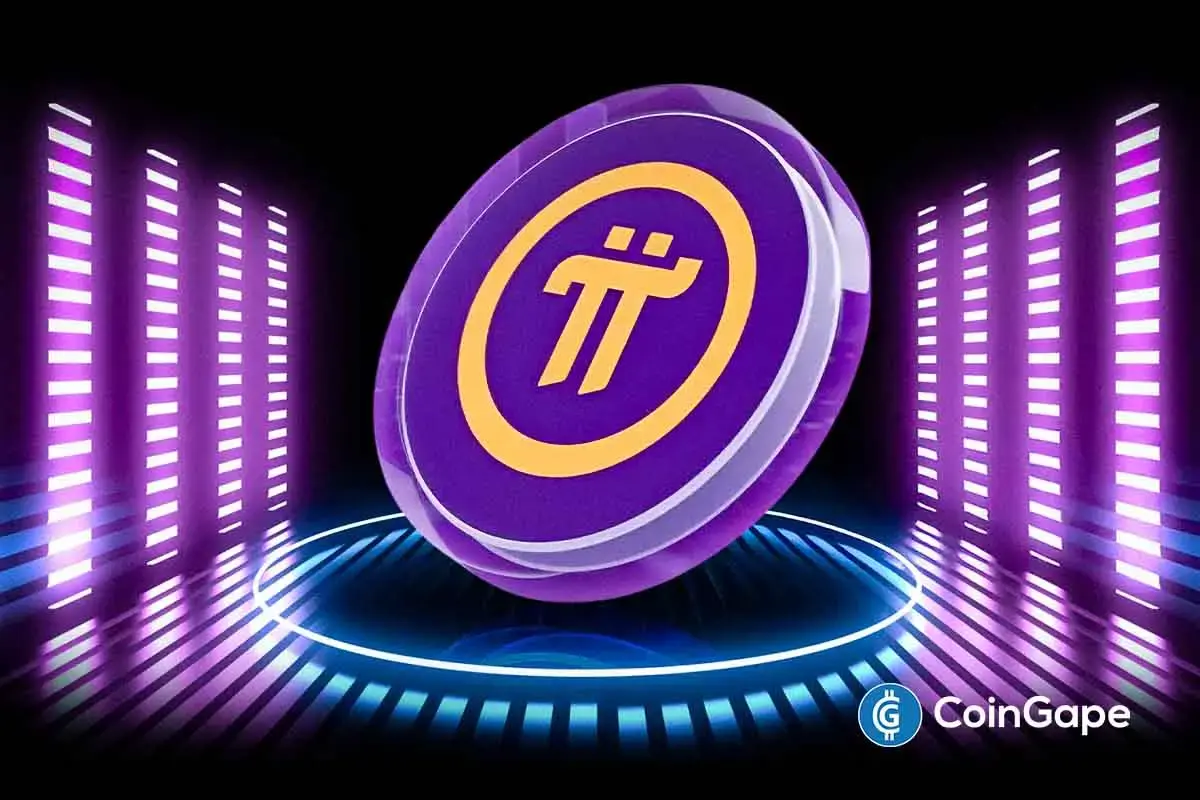










✓ Share: